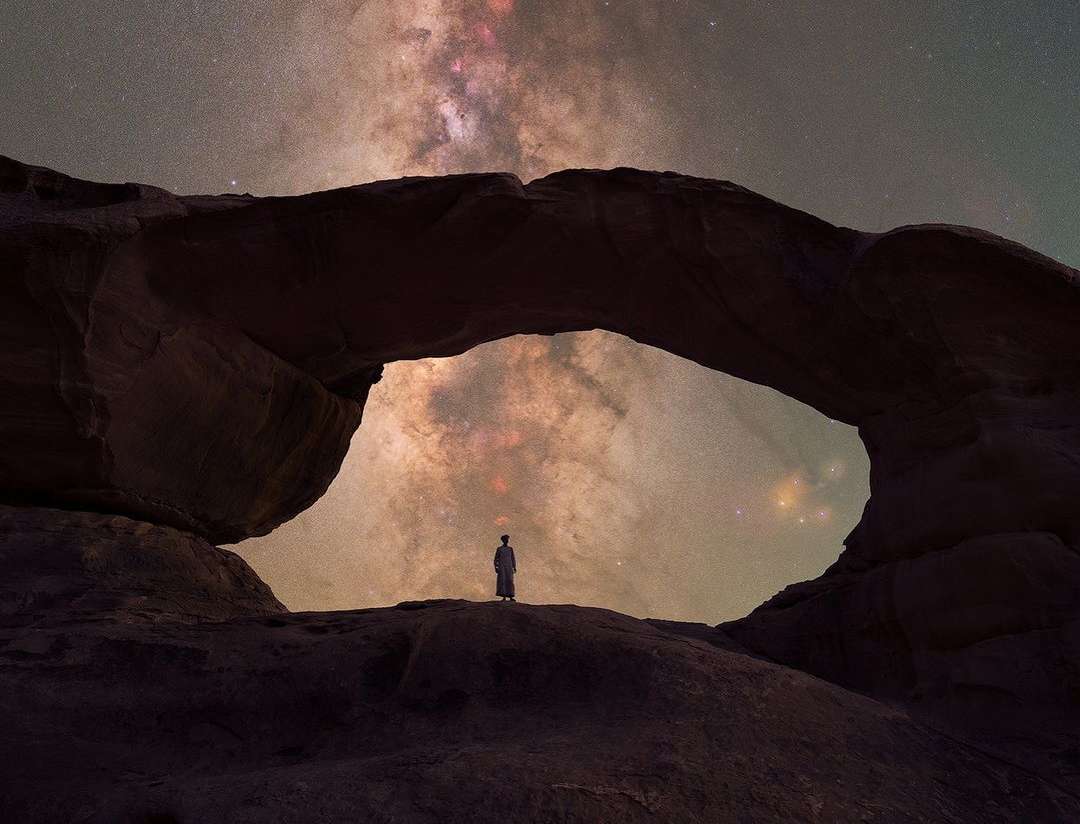
The Bedouin Way of Life: Traditions and Culture in Wadi Rum
The Bedouin Way of Life: Traditions and Culture in Wadi Rum
The Bedouins of Wadi Rum have inhabited this stunning desert landscape for thousands of years, developing a unique way of life perfectly adapted to the harsh desert environment. Their traditions, customs, and cultural practices offer fascinating insights into a lifestyle that has remained resilient despite modern influences.
Who Are the Bedouins?
The Bedouins are traditionally nomadic Arab people who have historically lived in the desert regions of North Africa, the Arabian Peninsula, and the Levant. The word "Bedouin" comes from the Arabic word "badawi," which means "desert dweller." In Wadi Rum, the predominant tribe is the Zalabia Bedouin, who have been the traditional inhabitants and guardians of this spectacular landscape.
Nomadic Traditions
Traditionally, Bedouins moved seasonally with their herds of goats, sheep, and camels in search of water and grazing land. This nomadic lifestyle required:
* Portable Dwellings: The iconic black tents (beit al-sha'ar or "house of hair") made from woven goat hair that provides protection from both the scorching sun and cold desert nights
* Resource Management: Intimate knowledge of where to find water sources and seasonal grazing areas
* Navigation Skills: The ability to navigate across vast desert expanses using stars and landmarks
* Community Structure: Strong tribal affiliations and social codes that ensured survival in harsh conditions
Bedouin Values and Social Structure
The Bedouin society is built upon several core values:
* Hospitality (Diyafa): Perhaps the most famous aspect of Bedouin culture, offering generous hospitality to travelers is considered a sacred duty
* Honor (Sharaf): Personal and family honor is paramount in Bedouin society
* Courage (Shaja'a): Bravery in the face of adversity is highly valued
* Generosity (Karam): Sharing resources, even when scarce, is a fundamental principle
* Loyalty (Wafa): Unwavering loyalty to one's family and tribe
The social structure is organized around the extended family and tribe, with elders playing important leadership roles. Traditionally, decisions were made through consensus in a tribal council called the "majlis."
Traditional Skills and Crafts
Bedouins have developed specialized skills essential for desert survival:
* Animal Husbandry: Expert knowledge of raising camels, goats, and sheep
* Weaving: Creating textiles for tents, rugs, and clothing
* Leatherwork: Crafting saddles, water containers, and other essential items
* Medicinal Knowledge: Using desert plants for traditional remedies
* Water Finding: The crucial ability to locate and manage scarce water resources
Modern Bedouin Life in Wadi Rum
Today, many Bedouins in Wadi Rum have transitioned from a fully nomadic lifestyle to a more settled existence, often centered around tourism. However, they maintain strong connections to their cultural heritage:
* Many families still keep herds of animals and practice traditional crafts
* Traditional knowledge is passed down to younger generations
* Cultural practices like music, poetry, and storytelling remain vibrant
* Traditional hospitality continues to be a cornerstone of Bedouin identity
Experiencing Bedouin Culture as a Visitor
When visiting Wadi Rum, you can experience aspects of Bedouin culture through:
* Staying in a Bedouin camp and enjoying traditional hospitality
* Sharing meals prepared using traditional methods
* Learning about desert survival skills from Bedouin guides
* Listening to traditional music and stories around the campfire
* Participating in a traditional tea ceremony
Respecting Bedouin Traditions
When visiting Wadi Rum, showing respect for Bedouin customs enhances your experience:
* Accept hospitality graciously when offered
* Ask permission before photographing people
* Dress modestly, especially women
* Learn a few basic Arabic greetings
* Be open to learning about their way of life
The Bedouin way of life represents a remarkable adaptation to one of Earth's most challenging environments. While modern influences continue to bring change, the core values and cultural identity of the Bedouin people remain strong in Wadi Rum, offering visitors a glimpse into a fascinating and enduring way of life.
